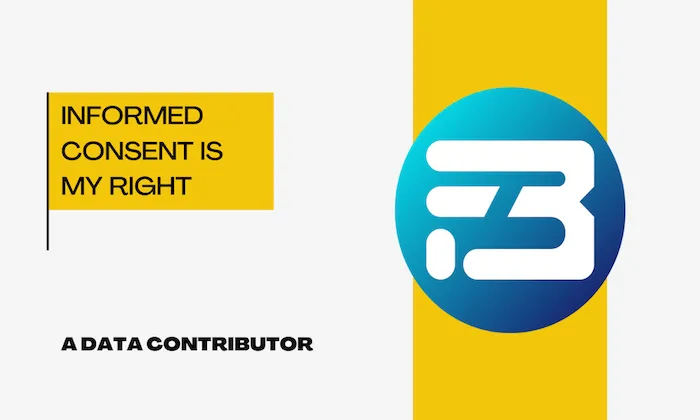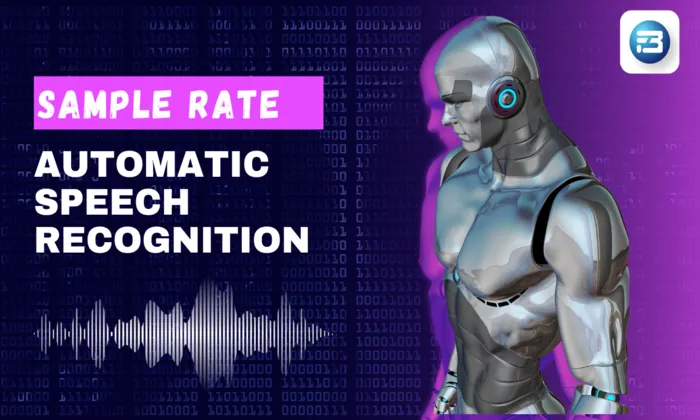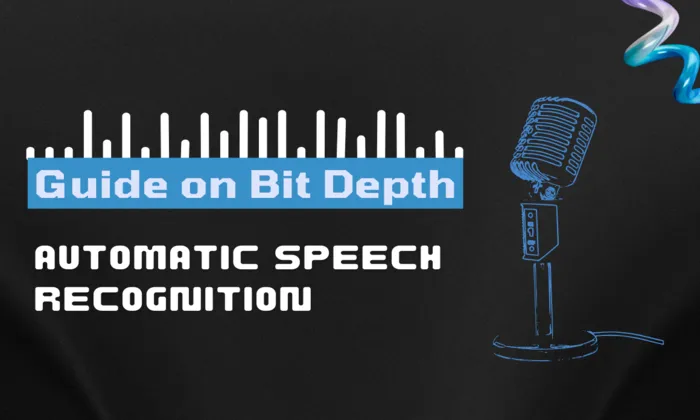How can doctor dictation datasets improve medical transcription accuracy?
Medical Transcription
Healthcare
Speech AI
Accurate medical transcription is pivotal in ensuring patient safety and enhancing the quality of healthcare delivery. Doctor dictation datasets, which comprise structured audio recordings of clinicians documenting clinical notes, play a crucial role in improving transcription accuracy. These datasets provide a rich source of data that helps in refining transcription systems, leading to better patient outcomes.
Key Features of Doctor Dictation Datasets
Doctor dictation datasets consist of audio recordings where clinicians narrate patient histories, examination findings, assessments, and treatment plans. Unlike interactive patient-doctor conversations, these are structured monologues, making them ideal for transcription. The structured nature and rich medical terminology found in these datasets provide a solid foundation for training transcription systems.
Benefits of Doctor Dictation Datasets for Transcription Accuracy
- Rich Audio Characteristics: High-quality audio that captures natural speech patterns, including hesitations and corrections, allows transcription models to better understand and accurately transcribe clinical notes. This improves the model's ability to handle real-world dictation scenarios.
- Diverse Medical Content: The datasets cover a wide range of medical specialties, exposing the transcription systems to various terminologies. This diversity is essential for models to generalize across different medical fields, improving their accuracy in transcribing documents from specialists like cardiologists and neurologists.
- Structured Data: The datasets are organized into key clinical sections such as the Chief Complaint or Plan, aiding transcription and enabling advanced NLP tasks like named entity recognition (NER) and summarization. This structure helps models differentiate between clinical terms, enhancing transcription accuracy.
- Training and Evaluation: Doctor dictation datasets are integral for creating robust training pipelines for automatic speech recognition (ASR) systems. They enable organizations to assess performance using benchmarks like Word Error Rate (WER) and Medical Term Error Rate (MTER), leading to refined models that meet high accuracy standards.
Real-World Impact and Use Cases
Doctor dictation datasets have shown tangible improvements in transcription accuracy in various healthcare settings:
- Emergency Care: In fast-paced environments, accurate transcripts ensure that critical patient information is communicated efficiently, reducing the risk of errors during handovers.
- Outpatient Clinics: Structured datasets help maintain the continuity of care by ensuring that patient records are detailed and accurately transcribed, supporting effective follow-up treatments.
Challenges and Considerations
While doctor dictation datasets significantly enhance transcription accuracy, several challenges need attention:
- Data Quality vs. Volume: Balancing the quality and volume of data is essential. High-quality recordings are necessary for effective model training, even if it means managing smaller datasets.
- Ethical Considerations: Compliance with regulations like HIPAA and GDPR is crucial. Ensuring datasets are de-identified and that contributors provide informed consent maintains ethical standards in data handling.
FutureBeeAI's Role in Advancing Medical Transcription
At FutureBeeAI, we specialize in collecting and transcribing doctor dictation datasets aligned with industry standards. Our Yugo platform ensures compliance with HIPAA and GDPR, while our robust QA processes guarantee high-quality data for training transcription systems. By leveraging our datasets, organizations can significantly enhance their transcription accuracy, ultimately improving patient care.
For healthcare providers seeking to enhance their transcription systems, partnering with FutureBeeAI can provide access to comprehensive, high-fidelity doctor dictation datasets tailored to your needs.
Smart FAQs
Q: What types of recordings are included in doctor dictation datasets?
A: Doctor dictation datasets primarily consist of monologue-style recordings where clinicians dictate clinical documentation, such as patient histories and treatment plans. These recordings are characterized by natural speech patterns, corrections, and medical terminology.
Q: How do teams ensure the quality of doctor dictation datasets?
A: Quality is ensured through a multi-layered QA process that includes automated checks for audio integrity and human reviews by trained linguists and medical professionals. This approach helps maintain high accuracy in transcription and annotation.
What Else Do People Ask?
Related AI Articles
Browse Matching Datasets
Acquiring high-quality AI datasets has never been easier!!!
Get in touch with our AI data expert now!








